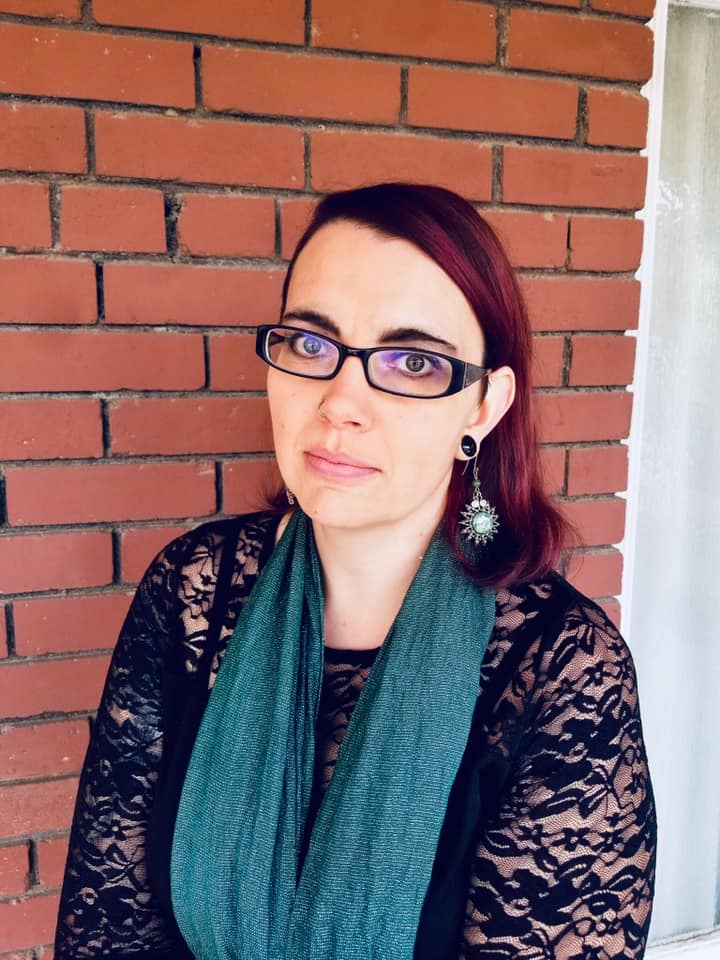50 years after their arrival from Prussia in the 1870s, 7,000 Altkolonier (Old Colony) Mennonites left Manitoba and Saskatchewan to form new, more conservative colonies in northern Mexico, due to conflicts with the Canadian government concerning secularization and compulsory English language instruction mandates for colony schools. The Mexican government promised Old Colony communities educational autonomy and exemptions from military service in exchange for occupying and developing remote, yet contested, territory in the wake of the Mexican Revolution. The first colonies in the states of Chihuahua and Durango were established in 1922 and 1924 respectively and grew quickly as a result of high birthrates and subsequent migrations. Today there are more than 100,000 Mennonites living in Mexico, primarily in Chihuahua and Durango, but also in more recently settled colonies in Zacatecas, San Luis Potosi, Quintana Roo, Tamaulipas and Campeche. Descendants of this migration have also participated in subsequent migrations and have formed colonies in Belize, Bolivia, Paraguay, the United States and most recently Peru and Colombia.
In the early days of the Mexican colonies, residents were isolated geographically and socially from larger Mexican society; however, over time, modernization of agriculture, industry, and transportation has increased commercial contact with surrounding Mexican communities and social and commercial contact with Mennonite colonies throughout the Americas. Today it is not uncommon for colonies with modern dress, cars, Internet, and schools accredited by the Mexican education system to exist within close proximity of colonies with much more strict and traditional regulations concerning dress, education, and technology.
Beginning in the last quarter of the 20th century, Mennonites in Mexico have become increasingly mobile and transnational. In the 1970s, several thousand Old Colony Mennonites from Mexico, many of whom still retained Canadian citizenship, began migrating to Ontario while others established a new colony in Seminole, Texas. While many formed migrant worker circuits residing in Canada and/or the United States for half the year to perform agricultural work and returning to Mexico for the other half, others settled permanently. These migrations continue to the present day and impact the social and cultural landscape of colonies in all three countries.
"Art, Migration, and (Home)making: Mennonite Women, Mexico and 'the World'" was a panel at Eastern Mennonite University's Crossing the Line: Anabaptist Women Encounter Borders and Boundaries conference in June 2017 that sought to explore the personal side of this complex network of migrations and identities through the presentation of poetry, creative non-fiction and visual art.
Abigail Carl-Klassen, a poet and educator originally from Seminole, Texas, http://abigailcarlklassen.wordpress.com/ read poetry that explored the experiences of Mennonite women in Mexico from the 1940s to the present day based on ethnographic research and oral history interviews that she conducted in Seminole, Texas, and Chihuahua, Mexico.
Anna Wall, who blogs at http://www.mennopolitan.com about her experiences growing up in a conservative colony in Durango, Mexico, read a creative non-fiction piece from her blog that explored her struggles leaving the colony and as a new immigrant in Canada. With humor and seriousness she talked about learning to read and write, earning her high school diploma, finding her identity and her current job as a community health worker and Plautdietsch interpreter in Ontario.
Veronica Enns, a visual artist, and creative director at Cabañas Las Bellotas in Chihuahua, whose work can be found at http://www.veronicaenns.com/ shared her experiences growing up in a conservative colony in Chihuahua, her immigration to Canada as a young woman, and how studying and creating art allowed her to process and heal from past trauma. She also discussed what ultimately motivated her to move from Vancouver back to Mexico, close to the colony where she was raised.
We organized this panel because we felt it was important that Mennonite women from colonies in Mexico be able to tell their own stories and have a space to showcase their creative work. Though we only knew each other through social media before the conference, we had an instant connection and knew we would be good friends. We were overwhelmed by the positive response that our panel received and are excited about new opportunities for collaboration and about the ways these connections will open up ways for women of Old Colony origin to share their experiences and creative work whether they are living in Mexico, the U.S., Canada, or elsewhere in the Americas.
This issue of Center for Mennonite Writing Journal is an extension of our original panel and celebrates the creative work and scholarship of arising from Old Colony Mennonite experience in Mexico. In addition to the work of Abigail Carl-Klassen, Anna Wall and Veronica Enns, this issue contains creative ethnographic reflections from the conservative Sabinal Colony near Nuevas Casas Grandes, Chihuahua, Mexico, by Kerry Fast, a Toronto based writer and editor originally from rural Manitoba, who advocated and secured travel funds for our panel as an organizer for the Crossing the Line conference. Her work can be found at https://www.sidestone.com/authors/fast-kerry and https://kerryfastediting.weebly.com/
(A version of this article initially appeared at http://anabaptisthistorians.org)

